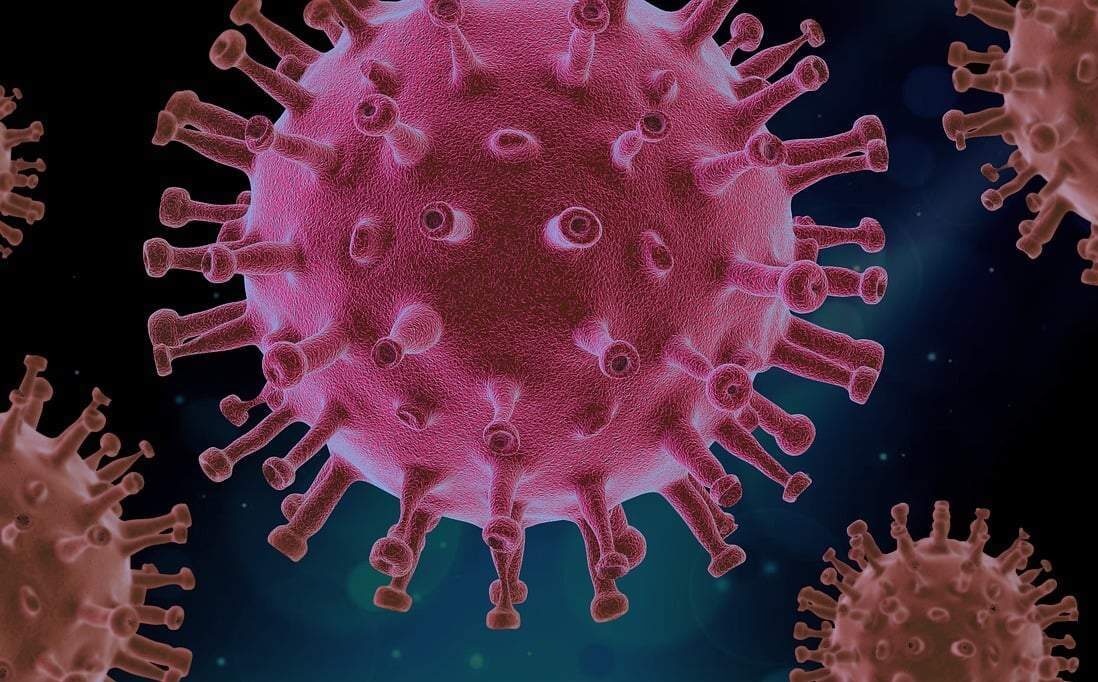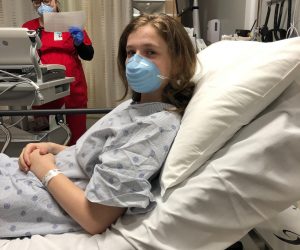Contrary to popular belief, the coronavirus has not left us. Even with vaccinations, the virus got too far ahead of us and mutated too much for us to fully contain it, and now we can expect a reality in which the coronavirus is a norm just like the flu. With this said, just like the fall and winter are flu season, it is seeming like COVID-19 season is set to be summer, as this year we are seeing high levels of the virus, similar to how we saw summer peaks last year. California in particular is being hit hard by the virus, showing “very high” levels in the wastewater, per numbers that are coming out from the Centers for Disease Control and Prevention.
California is on a list of seven states currently with “very high” levels of the virus.
Also joining California under the “very high” levels category are Arkansas, Florida, Maryland, Nevada, Oregon, and Texas. These states all have seen a predominant spike in cases over the last few weeks, showing traces of the virus in wastewater similar to California. Furthermore, enough testing is happening to show the COVID positive cases in each state as well.
For California, in just a couple of weeks the daily case count increased by almost 100. At the end of June, the average daily case count was 215. By early July, it had gone up to 307. Increases like this have been seen nationwide, particularly in the six other “very high” ranking states.
A majority of the cases are from the two variants known as FLiRT.
These new variants are subvariants of Omicron. According to researchers, they are highly transmissible. However, the good news is that they do not appear to be any more severe in illness, meaning the symptoms are consistent with what they have been. Back in spring, the CDC predicted that these new variants would lead to a summer case increase, since they were not directly targeted by the latest vaccination. But nonetheless, the vaccinations are proving to help keep the virus at bay a bit at least. Cases are seemingly reporting shorter periods of positive, meaning the transmission period is shorter as well.
Experts are urging those who are not up to date on their vaccinations to get the latest boosters available. They also call on people to continue testing and avoiding contact with others if testing positive.




